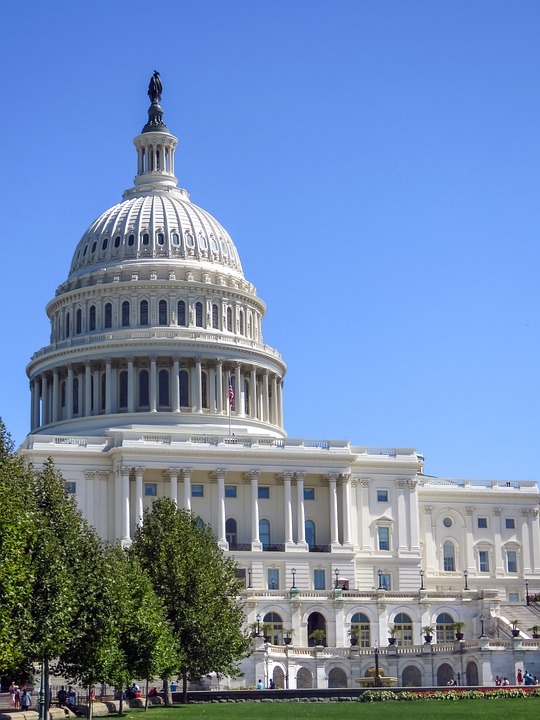Erasing Legislative Independence: The Silent Threat of Project 2025
In an age where democratic values are increasingly under threat, an understated yet profoundly alarming movement is quietly unfolding: Project 2025. This initiative, cloaked in the language of reform and efficiency, is systematically eroding the independence of our legislative institutions — the cornerstone of any healthy democracy. As citizens and guardians of democracy, it is crucial that we take a closer look at what Project 2025 really entails and the potential dangers it poses to legislative independence.
The Genesis of Project 2025
Project 2025 emerged from policy think tanks and political strategists who argue that legislative deadlock and inefficiency are hampering the nation’s progress. At face value, this argument seems compelling. In an era where polarization often paralyzes governmental action, streamlining decision-making processes appears to be a reasonable solution. However, the methods proposed by Project 2025 to achieve this streamlining threaten to dismantle the very fabric of legislative autonomy.
Centralization of Power
One of the hallmarks of Project 2025 is the centralization of power. Proponents argue that consolidating authority in the executive branch can lead to quicker and more decisive action. This might work well in scenarios where immediate action is necessary, but it also opens the door to potential abuses of power. The legislative branch’s role is to provide checks and balances, ensuring that no single entity holds too much power. Centralizing authority undermines this balance, creating an executive more akin to an autocratic ruler than a democratic leader.
Undermining Representative Democracy
The legislative branch embodies representative democracy, with elected officials advocating for their constituents’ interests. Project 2025 proposes to streamline legislative processes by minimizing obstacles and reducing the time allocated for debate and discussion. This may speed up decision-making, but it also reduces the opportunity for representatives to thoroughly discuss and scrutinize proposed legislation, essentially silencing the voices of the people they represent.
Reducing Transparency
Legislative independence thrives on transparency. Public debates and committee hearings allow citizens to stay informed about governmental actions and hold their representatives accountable. Project 2025, however, advocates for more behind-closed-doors decision-making to expedite processes. The reduction in transparency can erode public trust and foster corruption, as it becomes harder for watchdog organizations and the public to scrutinize and question governmental actions.
The False Promise of Efficiency
While efficiency in government is undeniably important, it should not come at the cost of democratic principles. The checks and balances inherent in a tripartite system — executive, legislative, and judicial branches — are designed to prevent any one branch from becoming too powerful. Project 2025’s promises of efficiency mask the reality that dissolving these safeguards can lead to unchallenged governance, where decisions are made swiftly but without the rigorous scrutiny and debate necessary for fair and just policy-making.
The Role of Civil Society
Civil society has a pivotal role in pushing back against Project 2025. Activists, scholars, and concerned citizens must raise awareness about the potential dangers of this initiative. Public dialogues and educational campaigns can help demystify the seemingly benign reforms proposed by Project 2025, exposing their potential to fundamentally alter democratic governance. Legal challenges and policy advocacy are also crucial in preserving legislative independence.
A Call to Action
Project 2025 poses a silent yet insidious threat to legislative independence. As citizens, it is our duty to remain vigilant and proactive in preserving the democratic principles that underpin our society. We must foster a political culture that values thoughtful deliberation, transparency, and checks and balances over mere expediency. Only by doing so can we ensure that our legislative institutions remain robust and truly representative of the people they serve.
In conclusion, while Project 2025 may appear to offer solutions for a more efficient government, its costs to legislative independence and democratic integrity are too high to ignore. It is imperative for all stakeholders in our democracy to scrutinize this project closely and advocate for reforms that enhance, rather than undermine, the fundamental principles of our governance.
